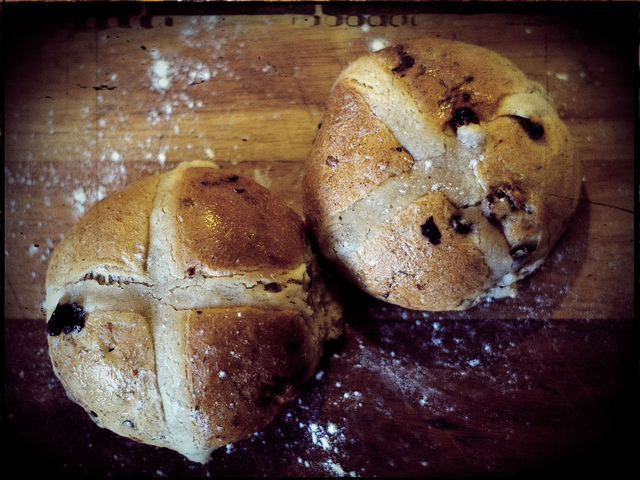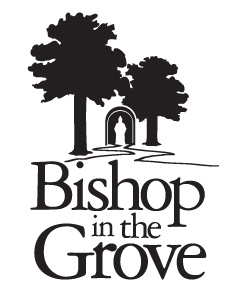Tag: Christmas
-

The Intersection of the Myth and the Meaning
To those participating in the Bishop In The Grove’s Bookclub reading of T. Thorn Coyle’s Make Magic of Your Life, join me on Twitter throughout the month of April and engage in a Twitter dialogue about the questions raised in this book. Be sure to @reply with the hashtag, #MakeMagic and Thorn’s handle, @ThornCoyle. Now, […]
-

My Pagan Yule Sounded A Lot Like Christmas
Pagans sang Christmas carols at the Yule ritual, and it totally caught me off guard. The song sheets handed out to the attendees contained three classic, Christian favorites, re-written with Pagan, mostly Wiccan-themed lyrics. We Three Kings, Away in a Manger, and God Rest Ye Merry Gentlemen were retitled and reworked as Moon of Silver, Away From […]
-

Humbled by the Darkness of Winter
I started out this December with a nose dive into Christmas cheer. Then, I spent some time exploring what parts of the Christian holiday were still resonant with me, and what I’d happily left behind. Now, the introspection of the Dark Days has set in. It hit me unexpectedly. One moment I was working my […]
-

A Pagan Reclaiming Forgiveness
In the midst of this Christian extravaganza, standing beneath the red and green blinking lights, and surrounded by the sound of Jesus followers singing hymns and secular Christmas classics, I’m rediscovering the act of forgiveness. I didn’t expect forgiveness to be a theme of this brief caroling experience. I thought my time singing Christmas songs […]
-

A Pagan’s Christmas Message
I’m in Nashville, home of the Christian Contemporary Music Industry, home of LifeWay Christian Stores, and home of the Southern Baptist Convention. This week, in a kind of radical re-immersion into Christian culture, I’m going to spread the message about Jesus to Jesus-people, and I’m doing so in the most subversively effective way imaginable: through catchy […]

